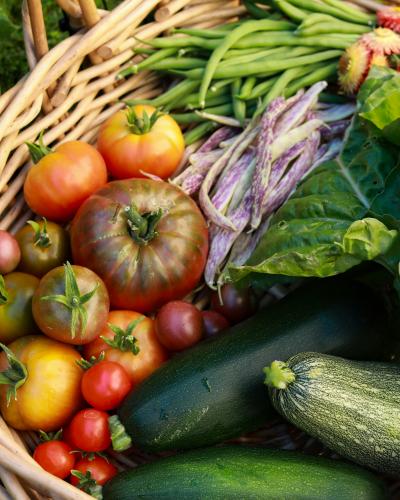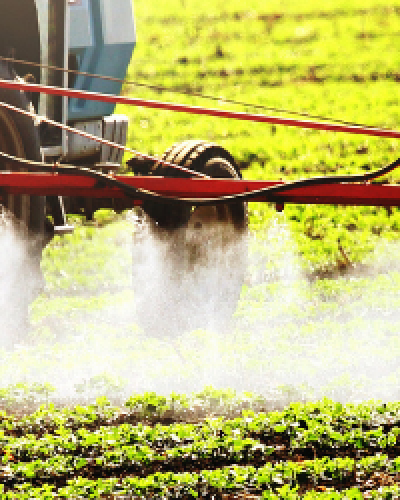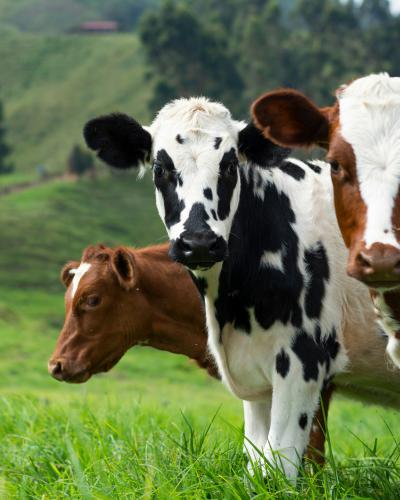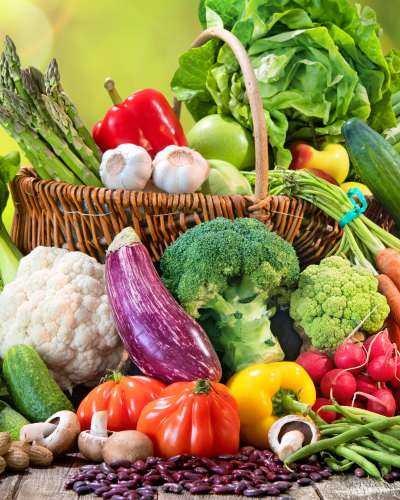Organic farming systems can significantly improve soil health over time. In a nine-year study published in the Soil Science...
May 16, 2025
The benefits of organic practices extend beyond environmental sustainability to include improved nutrition. A recent study...
Apr 28, 2025
Organic practices in greenhouse tomato operations significantly reduce pest populations while maintaining comparable yields...
Apr 11, 2025
Soils on organic farms host more diverse...
Mar 21, 2025
The widespread use of synthetic fertilizers in conventional agriculture has resulted in a variety of environmental...
Feb 27, 2025
Chronic exposure to pesticides can accelerate the progression of Parkinson’s disease, according to a recent UCLA study. The...
Feb 07, 2025
To measure the impact of adopting organic practices in agriculture, a recent study quantified greenhouse gas emissions on...
Jan 17, 2025
A recent study published in the Soil Science Society of America Journal found that adding organic matter, like compost or manure, can enhance soil health and carbon storage by boosting...
Jan 09, 2025
A recent study published in Frontiers in Sustainable Food Systems found that maintaining and restoring habitat complexity in agricultural landscapes and on the farm can significantly improve...
Dec 09, 2024
A new study published in the journal Foods makes a call for better food labeling that includes measures of nutrient density and the impacts of processing. Authors suggest that improved labeling...












